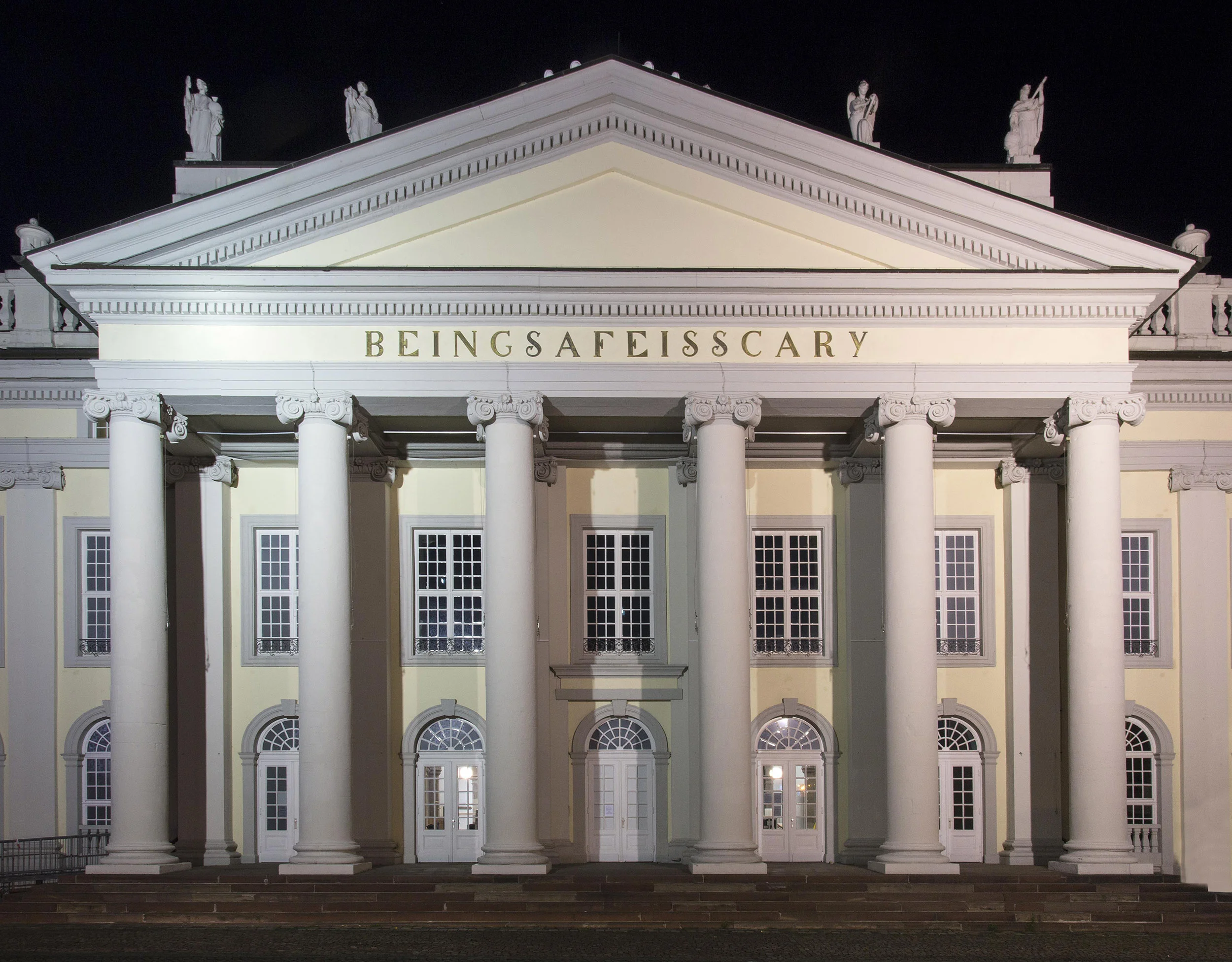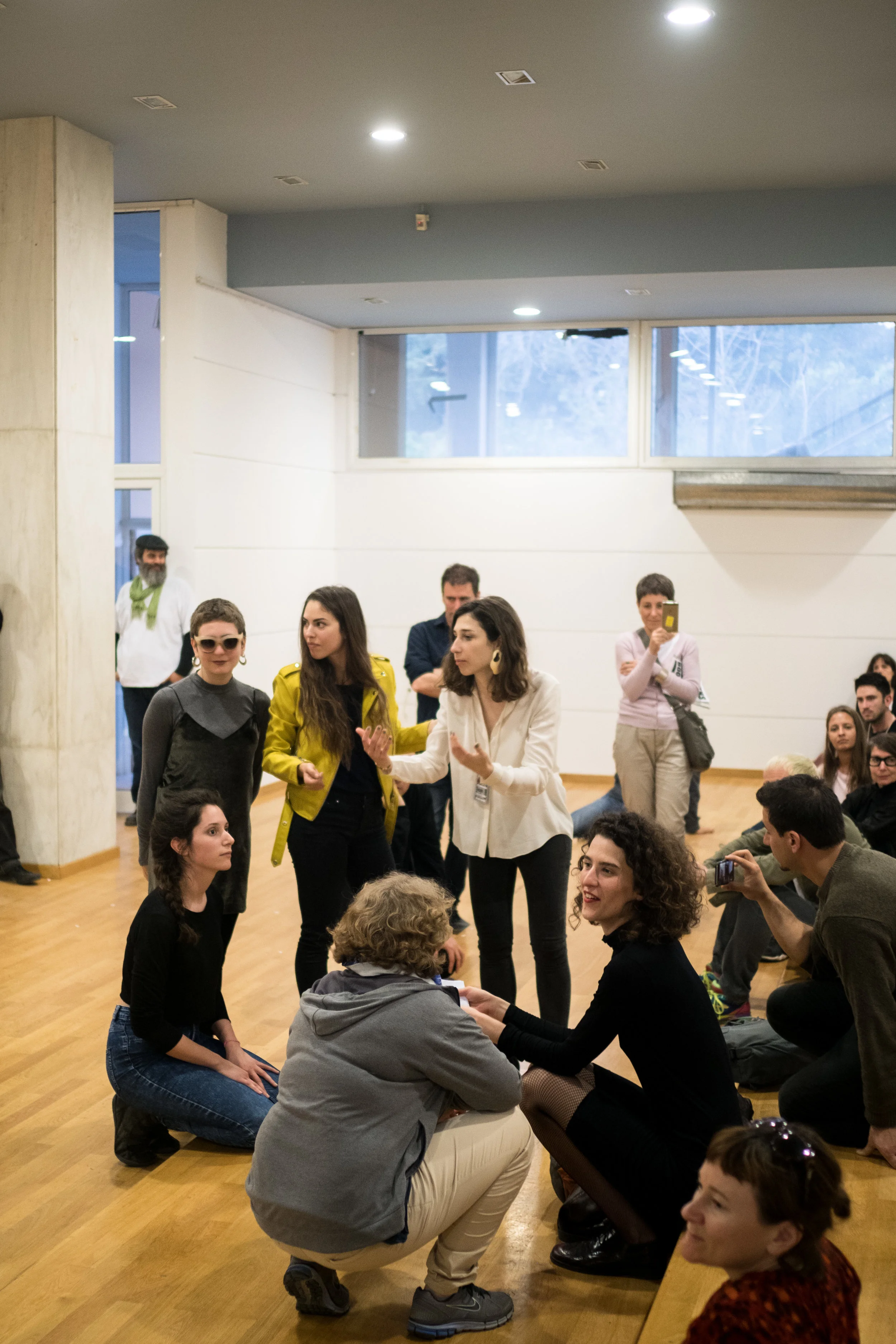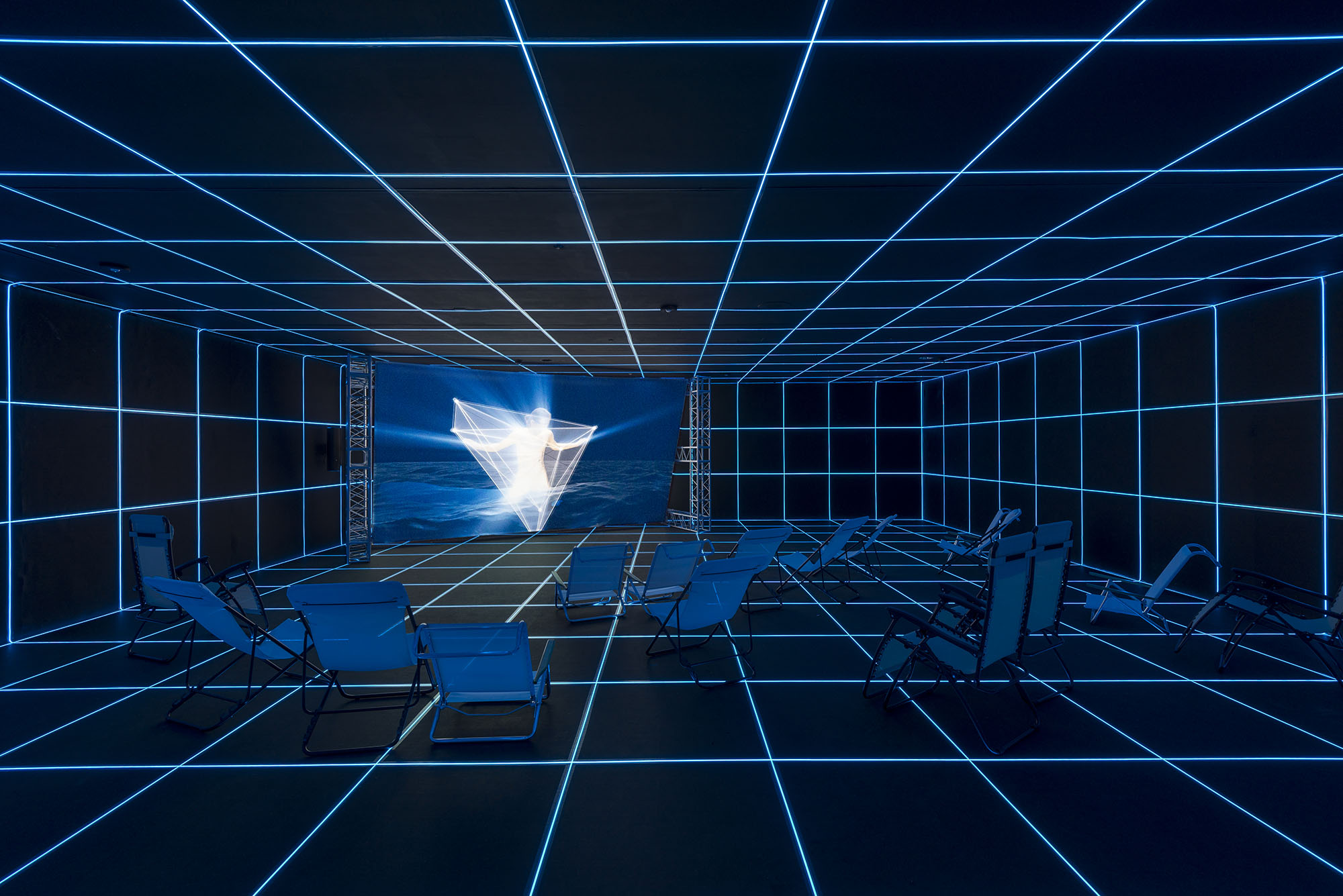documenta 14 : The Importance for Art to Be Political
What is democracy? What is equality? What is freedom?
In times of political incertitudes, it is hard to answer those major questions in a global and unanimous manner. The volatility of our geopolitic landscape produces shifts in meaning, fragmentation. Thus, the words we generally use to describe situations of conflicts and inequality end up with blurred meanings, marked by a subjectivity that is almost impossible to avoid.
In the past weeks, we visited documenta 14 in Kassel, one of the most influential art manifestation in the world, taking place every five years. These concerns, alongside others surrounding contemporary issues like homophobia, racism and violence in general, were at the very heart of the exhibition.
For the first time this year, the event was separated on two sites, now including the city of Athens, and extending the exhibition's duration to 200 days. Directed by Polish curator and art critic Adam Szymczyk, the event reunited a total of 160 artists around the theme “Learning from Athens”.
One of the first striking artworks we saw when we arrived in Kassel was Banu Cennetoğlu’s Being Safe is Scary on the Fridericianum. This sentence, poetic but also imbued with something critical, resonated during our whole adventure at documenta.
Occupying a long hallway of the Neue Gallery with her installative work, Pélagie Gbaguidi also brought a critique gesture through a fictional narrative. With The Missing Link. Dicolonisation Education by Mrs Smiling Stone, she proposed to reflect on decolonization, but also de-hegemonization of culture, two of the central subjects of documenta 14.
Banu Cennetoğlu, BEINGSAFEISSCARY, 2017, various materials, Friedrichsplatz, Kassel, documenta 14, photo: Roman März
Mattin with Dafni Krazoudi, Danai Liodaki, Ioannis Sarris, and Eleni Zervou, Social Dissonance, 2017, durational concert, 163 days, documenta 14, Athens
Many of the works also addressed queer thoughts and space. Relational and performative artworks were proposing to delve for new modes of subjectivities in order to redefine certain concepts. Social Dissonance, a “Durational Concert” by Mattin (with Dania Burger, Dafni Krazoudi, Danai Liodaki, Smaragda Nitsopoulou, Ioannis Sarris, Eleni Zervou and the public), for example, was exploring the relation between the individual and the collective, while trying to “help the collective subject to emerge”.
Despite some bad critics we have heard and read, we think that documenta 14 was one of the most relevant event of the summer because of its involvement with today's political issues. It even made seem this year’s Venice Bienniale and Viva Arte Viva, banal and almost inappropriate. One needed some time to be able to absorb the artworks, which is, in effect, the whole point of documenta 14. That, in itself, became a statement against the extreme commodification of artistic production into fast consumable products.
Art events like documenta need to elevate their narrative beyond mere commercial intentions. They have to inform, question and push the boundaries as they are the ones who pave the way for a lot of what is going on at a smaller scale in the art world.
Maybe this year’s documenta was not the more accessible and the best in terms of communication and logistics, but its social and political intentions were remarkable and confirmed the necessity of critical theory and re-assessment in the art world.
In 1955, the first documenta was held in an attempt to reconcile the public with modern art after the Nazi dictatorship. Since its first edition, the event keeps on marking the development of the art eld.
If events like documenta stop taking a stance in the problems we face today, then who will?
Head image: Mathias Voelzke








